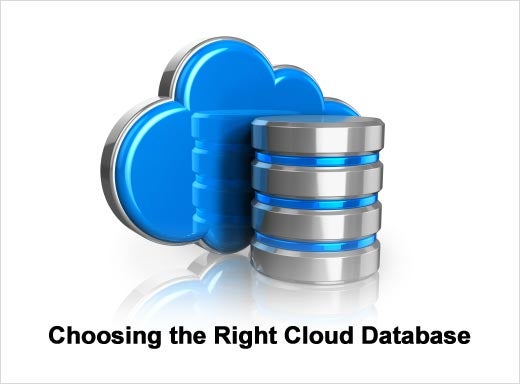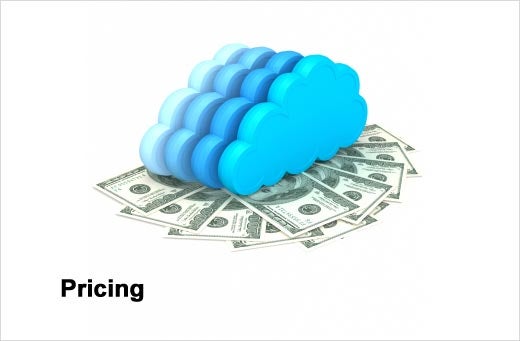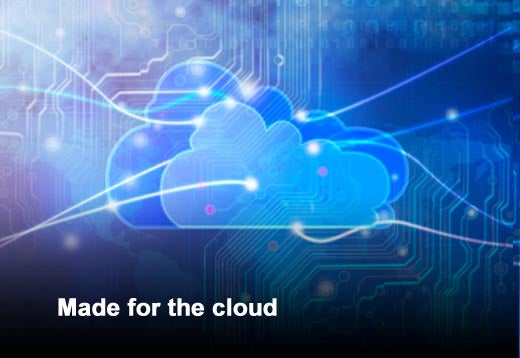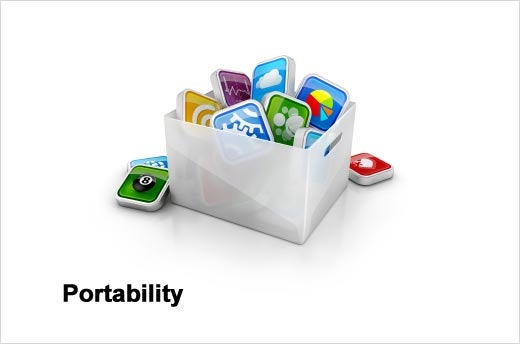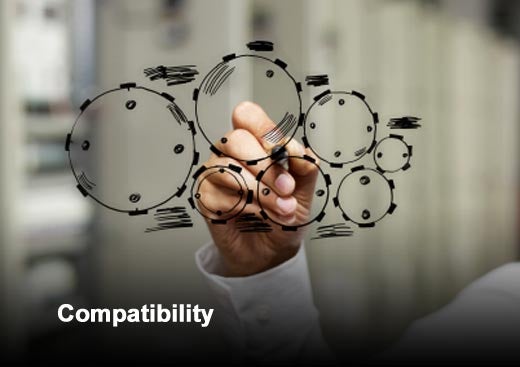A word to developers – if you haven’t yet been asked to port your applications to the cloud, you will be. It’s best to be prepared, because developers charged with choosing the right cloud database to best serve their data and applications are faced with a plethora of choices. There are some significant pitfalls if you make the wrong decision, because the options vary widely in capability, features and pricing. With so many cloud database solutions available, how do you know which one is right for you? Tom Kincaid, vice president of products and engineering at EnterpriseDB, suggests that you keep these seven considerations in mind when looking for the right cloud database.
Click for seven considerations that should be kept in mind when selecting the right cloud database for your organization, as identified by Tom Kincaid, vice president of products and engineering at EnterpriseDB.
Make sure that the cloud database solution provider you are investing your time and efforts in will deliver what they promise. There’s just no way around really reading between the lines and scrutinizing the service-level agreements (SLAs). Learn exactly how much processing capacity you are buying up front and how much it will cost if you need more down the road. Adding capacity to meet sudden spikes can come with serious sticker shock.
Make sure the cloud database you’re considering enjoys strong, positive sentiment within the community, and see if similar or relevant companies have testimonials that the database works positively for them. Look around to see if you can find helpful forums where members swap experiences and best practices, and whether the strengths and benefits they identify align with your needs. This will heighten the probability of success in using a new cloud solution for your company.
Cloud database pricing runs the gamut: from free versions to pay-per-use to a monthly subscription. Make sure you are taking into account not only what would be the least expensive solution for your company but also what would be the most efficient. Big-name companies do not necessarily have the solution to all your problems. It’s like buying anything – just because a cloud database is expensive does not necessarily mean it’s the best for what you need. Another option to consider here to save costs on-premise and in the cloud is open source.
Make sure the database you’re choosing has been specifically designed for a cloud environment. Consider whether the database scales automatically and how its elasticity functions. The mechanisms for achieving these behaviors vary significantly and can impact application performance.
We all know about the effects of vendor lock-in. When looking at different cloud database solutions, consider whether the tool allows you the freedom and flexibility to move your applications and data to whatever cloud provider you choose, yet still utilizes all of the tools and applications you’ve developed.
Programming in the cloud is no easy feat, but using a portable API such as JClouds lets you focus on your application development and not the underlying platform. Be sure the cloud provider you choose has a fully supported API adaptor, as there are variations between platforms.
It is essential for your applications to run smoothly. When choosing your cloud database, keep in mind there are differences in the compatibility of the cloud database from their on-premise versions. On a side note, PostgreSQL is one of the few management systems that has version compatibility both on-premise and in the cloud.


